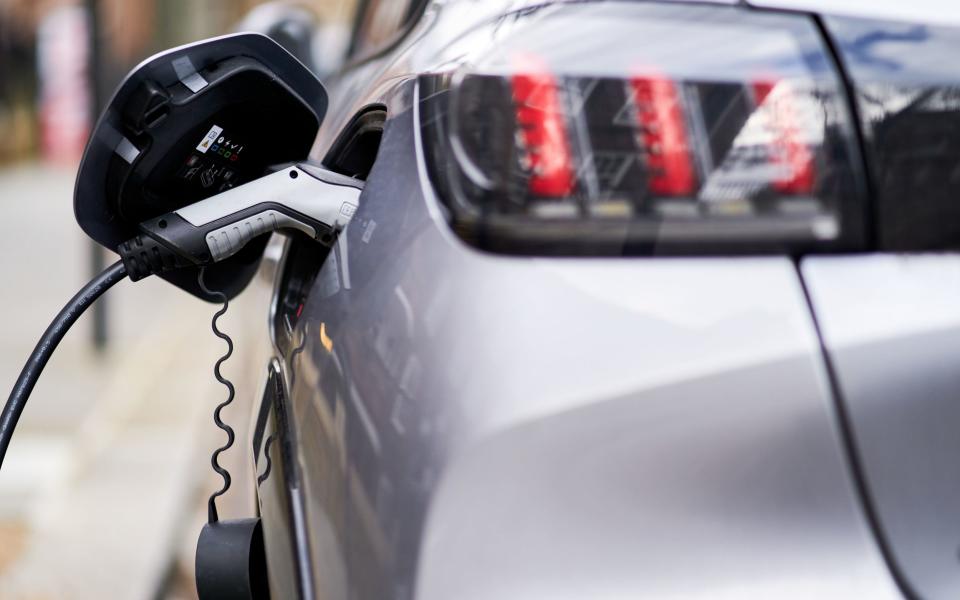Scottish battery factory goes bust in fresh blow to UK’s net zero industry

AMTE Power, a high-performance battery developer, has called in administrators in a fresh blow to Britain’s net zero industry.
The company warned in the summer that it was in financial trouble and had days to find a new backer or help from existing shareholders.
An investor pulled the plug on fresh funding after plans to build a new plant in Dundee were scrapped.
AMTE said in a stock market notice: “The board has no other options to secure finance in the time available and has therefore concluded that the company has insufficient funds to continue trading.”
It said it appointed FRP Advisory as administrator to find a buyer and trading of its shares are suspended.
The company, which is based in Oxfordshire but has its main operations in Thurso, planned a 0.5GWh half-gigafactory in Dundee to make batteries for potential clients such as BMW and Cosworth.
AMTE had a long history in developing lithium cells, making some of the first examples in the 1990s. Recently, AMTE said it tested cells that can be charged fully in six minutes in a breakthrough for charging technology.
However, it has been making a loss. It did not get the firm orders it needed from carmakers and other potential customers, or a patient investor that could fuel an expansion in production.
The company’s requests for government help were rebuffed and it considered selling the business or moving to the US because of the incentives on offer for gigafactory builders.
It was attracted by the $370bn (£290bn) of subsidies on offer from US President Joe Biden’s Inflation Reduction Act, which aims to speed up green power production in America.
AMTE’s fate mirrors that of Britishvolt, another would-be independent UK gigafactory.
Britishvolt was the brainchild of former investment banker Orral Nadjari, who saw the looming demand for batteries from carmakers in the UK and a gap in the market for an independent producer, planning a £3.8bn factory in Blyth, Northumberland.
But it ran out of funding after borrowing became more expensive. At the time of its demise in January, the company had signed initial deals with carmakers such as Aston Martin, but it had secured no firm orders.
Meanwhile, most of the biggest carmakers in the UK, including Nissan, JLR, Mini and Aston Martin, have secured alternative supplies for cells.
JLR’s owner Tata will build a plant in the UK after securing government funding, Nissan has its own factories near its carbuilding plant in Sunderland while Mini will obtain cells from its owner BMW. Aston Martin has partnered with US electric carmaker Lucid to develop its EVs and cells.
Without firm orders, Britishvolt’s government funding dried up, as did private investment, tipping the company into administration.
More than 200 staff lost their jobs when Britishvolt collapsed in January.
The company had attracted support from the then prime minister Boris Johnson as a way to build a domestic electric vehicle battery industry.
Its assets were bought by Australian firm Recharge Industries.

 Yahoo Finance
Yahoo Finance 